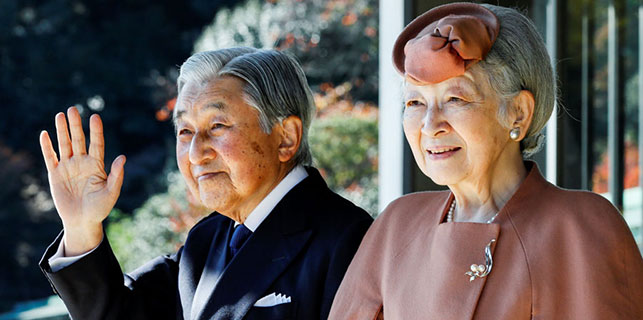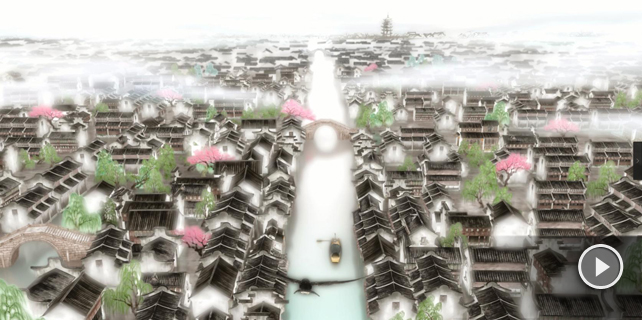Archeologists discover 3,000-year-old Marquis' tomb in NW China
YINCHUAN -- Ningxia Hui autonomous region in Northwest China might have been under the imperial rule of Chinese emperors much earlier than archeologists previously thought, according to the recent excavation of a group of 3,000-year-old tombs.
Experts from China's top archeological research institutions, including the Chinese Academy of Social Sciences, Peking University and Nanjing University, have gathered in Ningxia's Pengyang County to join the excavation of the Yaoheyuan Ruins, where an area of 620,000 square meters has been excavated.
Ma Qiang, who leads the archeological team, told Xinhua on Monday that all of the tombs had been looted prior to the start of the official excavation earlier this year.
However, the team has found the main tomb of a Marquis-level ruler 13 meters underground. Although no bronze burial vessels with inscriptions identifying the owner of the tomb have been located, they have found two jade mantis.
A similar jade mantis was unearthed from China's World Heritage listed Yinxu archeological site near Anyang in central China's Henan Province, which was an ancient capital city in the late Shang Dynasty (1300 B.C. to 1046 B.C.)
"The jade item provides strong evidence of the tomb owner's relationship with the imperial governments during the period from the late Shang to the middle of Western Zhou (1046 B.C. - 771 B.C.) dynasties," said Zhang Tian'en from the Shaanxi Provincial Archeological Research Institute.
Liu Xu, a professor at Peking University, said the discovery of the ruins suggests that Ningxia was part of the imperial empire from the late Shang Dynasty, about 1,000 years earlier than previously believed.
The team has only excavated one quarter of the area, and Liu said it should contain another 40 neighboring tombs.
Experts believe the area was a Marquis fief in the northern frontier of the dynasties.
Two horse burial pits and a chariot burial pit were excavated near the Marquis tomb. The large horse pit bears remains of 12 horses. There were four carriages found in the chariot pit. Archeologists expect to find more remains of horses under the chariot pit.
As well as the tombs, the team has also discovered ruins of a bronze casting workshop, moats and water drainage and road networks at the site.
















